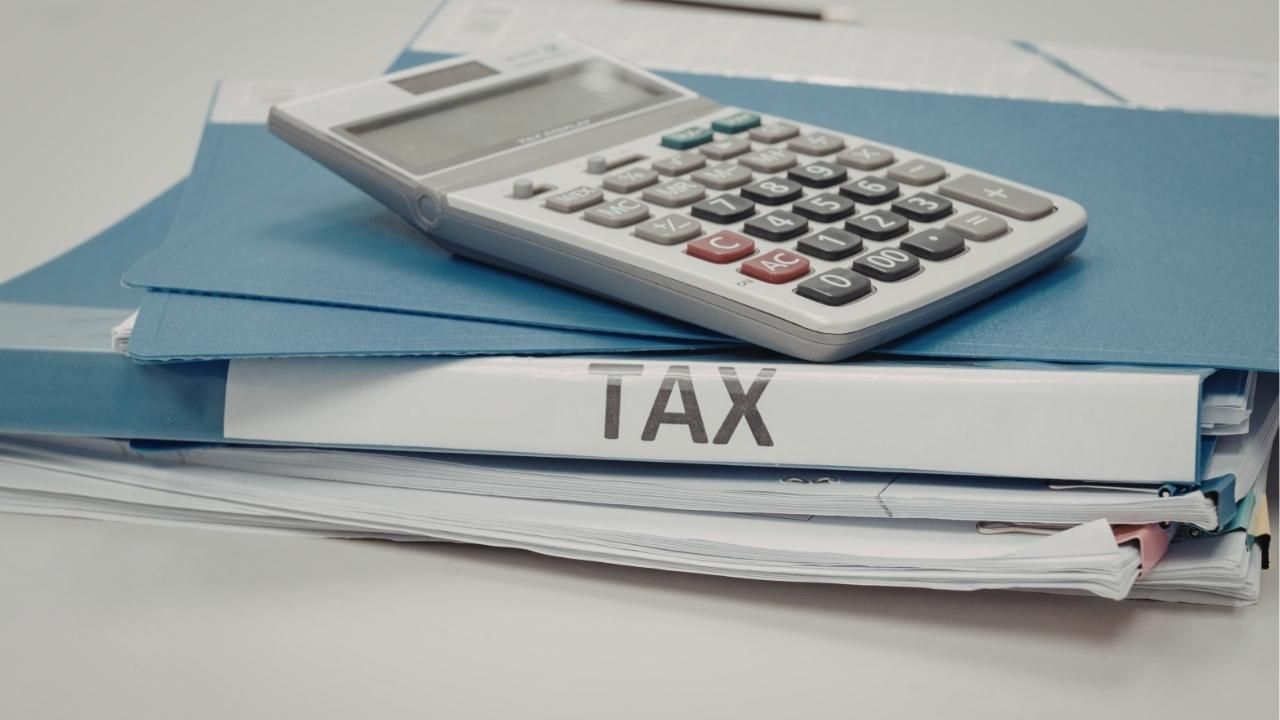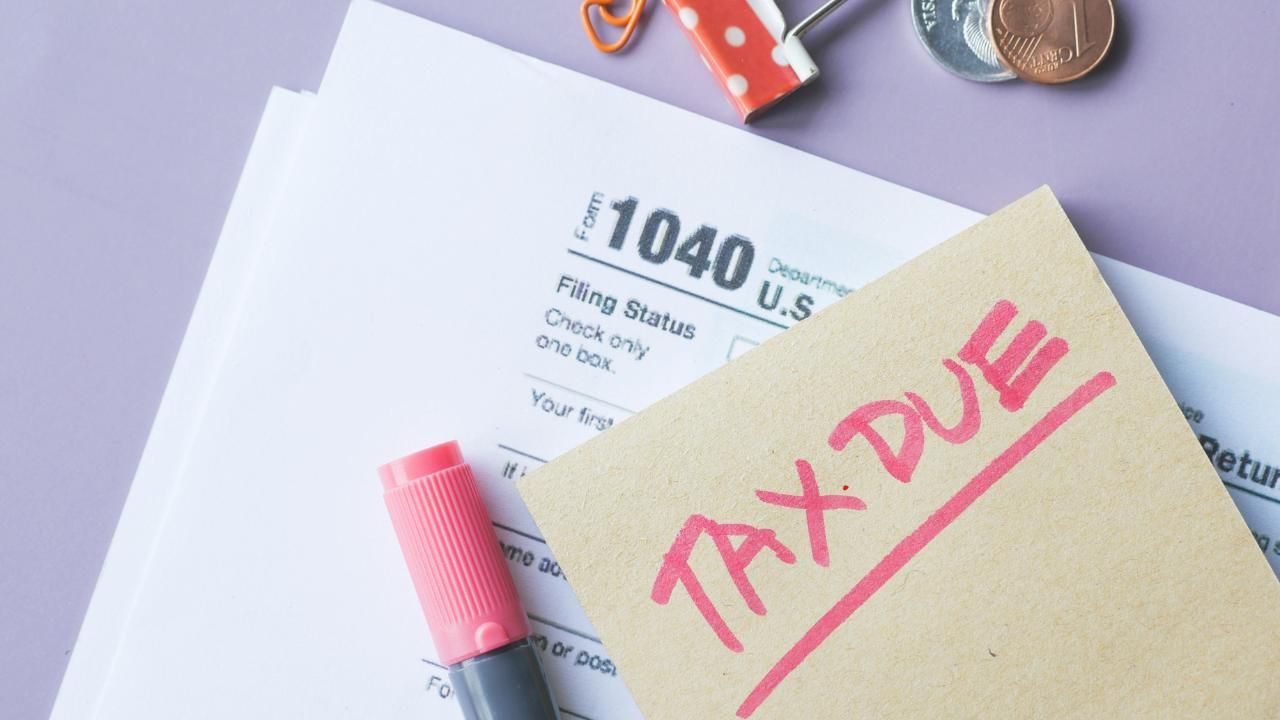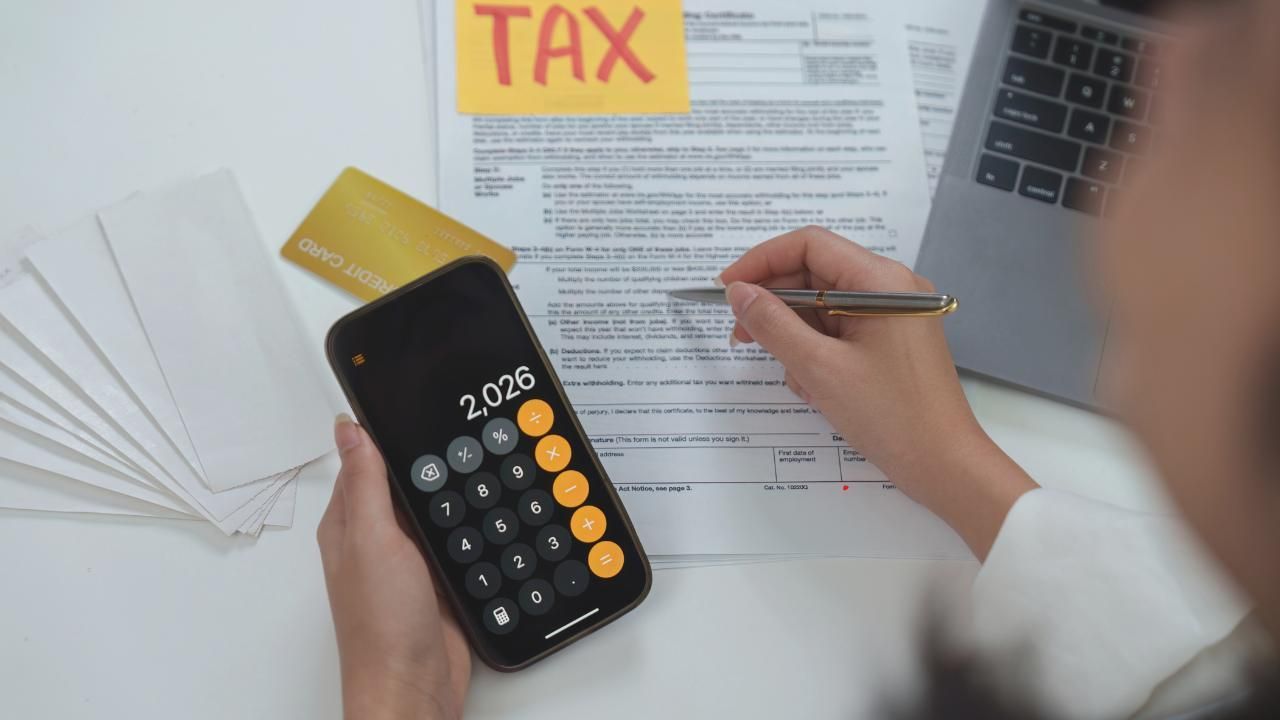How to Handle Taxes for Cryptocurrency Transactions

Cryptocurrency is no longer just a buzzword—it’s a real part of personal finance. Whether you’re buying Bitcoin, staking Ethereum, or dabbling in NFTs, the IRS considers these digital assets taxable. For many investors, understanding how to handle crypto taxes feels overwhelming, which is why working with a trusted Fort Mill tax consulting firm can make all the difference. With firms like Carolina Tax Consulting offering specialized tax preparation services, you don’t have to tackle complex reporting requirements on your own.
This article breaks down the essentials of crypto taxation, so you can approach tax season with confidence and avoid costly mistakes.
Cryptocurrency Is Taxed Like Property
The IRS treats cryptocurrency as property, not currency. That means every time you buy, sell, trade, or even use crypto to purchase goods or services, it could create a taxable event.
- Capital gains: Selling crypto at a profit is similar to selling a stock. You’ll owe capital gains tax, which may be short-term (less than a year) or long-term (over a year).
- Capital losses: If you sell at a loss, you can use that loss to offset other capital gains and reduce your taxable income.
- Income events: Earning crypto—through mining, staking, or receiving it as payment for services—is considered income, and you’ll need to report its fair market value in U.S. dollars.
Understanding these categories is crucial, because the way you acquired and disposed of your crypto will determine how it’s taxed.
Common Taxable Events in Crypto
Here are the most common situations where you might trigger taxes:
- Selling cryptocurrency for cash
- Trading one cryptocurrency for another (yes, that’s taxable!)
- Spending cryptocurrency on goods or services
- Receiving crypto as payment or through mining/staking rewards
Non-taxable events include transferring crypto between wallets you own or simply holding it without selling. Many investors mistakenly believe moving funds around creates a taxable event, but that’s not the case.
Recordkeeping Is Key
Keeping detailed records is one of the biggest challenges in handling crypto taxes. Exchanges often provide transaction histories, but they may not give you all the details you need. It’s important to track:
- Dates of each transaction
- The fair market value in U.S. dollars at the time
- Cost basis (what you originally paid for the crypto)
- Purpose of the transaction (sale, trade, payment, etc.)
Specialized software tools can help you organize this data, but ultimately, you’re responsible for ensuring everything is accurate. Poor recordkeeping is one of the most common reasons taxpayers run into trouble with the IRS.
Case Study: A Costly Oversight
Take the example of Sarah, a freelance designer who accepted Ethereum as payment for her services in 2021. She assumed she didn’t need to report it until she sold the ETH for cash. The IRS later notified her that unreported income from cryptocurrency payments could result in penalties. By the time she sought professional help, she owed additional taxes and fines. Had Sarah tracked the value of her Ethereum at the time of payment and reported it as income, she would have avoided the headache.
Why Professional Guidance Matters
Cryptocurrency taxes are evolving rapidly, and mistakes can be expensive. Working with professionals who understand the nuances of crypto regulations gives you peace of mind. A tax consultant can:
- Ensure every taxable event is correctly reported
- Maximize deductions and loss offsets
- Keep you updated on changing IRS guidelines
- Help reduce your risk of penalties and audits
The world of crypto is exciting, but it’s also complex. Treating taxes as an afterthought can quickly erase your profits.
Final Thoughts
Handling taxes for cryptocurrency transactions requires careful recordkeeping, an understanding of IRS rules, and sometimes professional guidance. Instead of scrambling at the last minute, stay proactive and seek expert advice when needed. With the right approach, you can manage your crypto portfolio confidently without letting tax season become a source of stress.
Ready to simplify your crypto taxes? Reach out to a trusted tax consultant today and make sure you’re fully prepared for the next filing season.
Ready to work with Carolina Tax Consulting, LLC?
Let's connect! We’re here to help.
Send us a message and we’ll be in touch.
Or give us a call today at 803-410-5885











